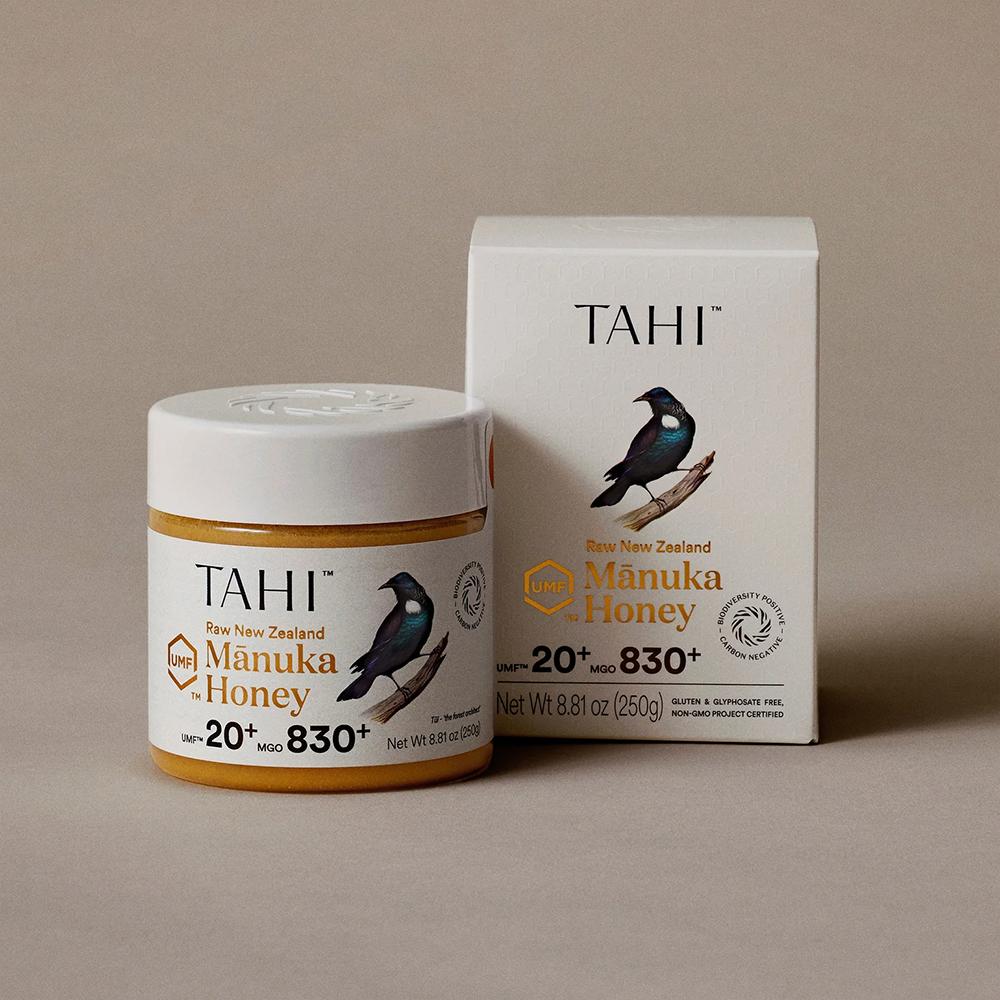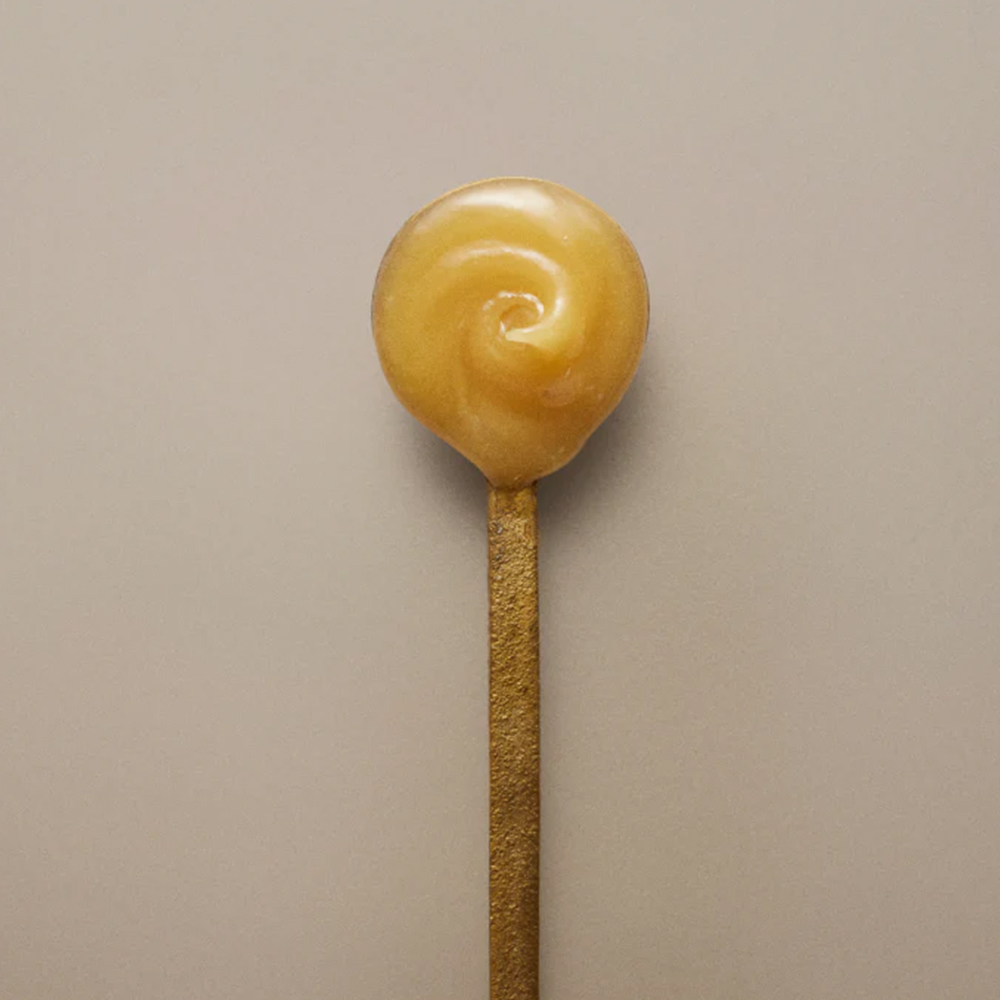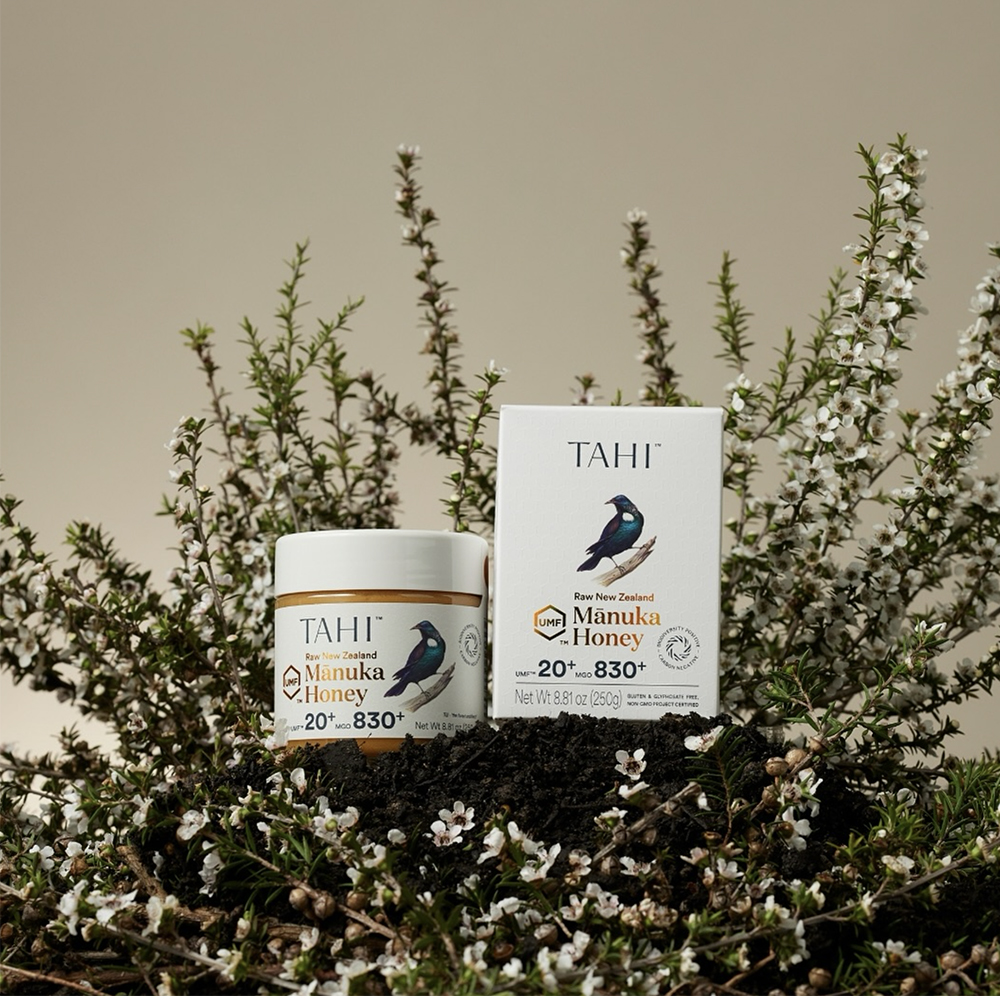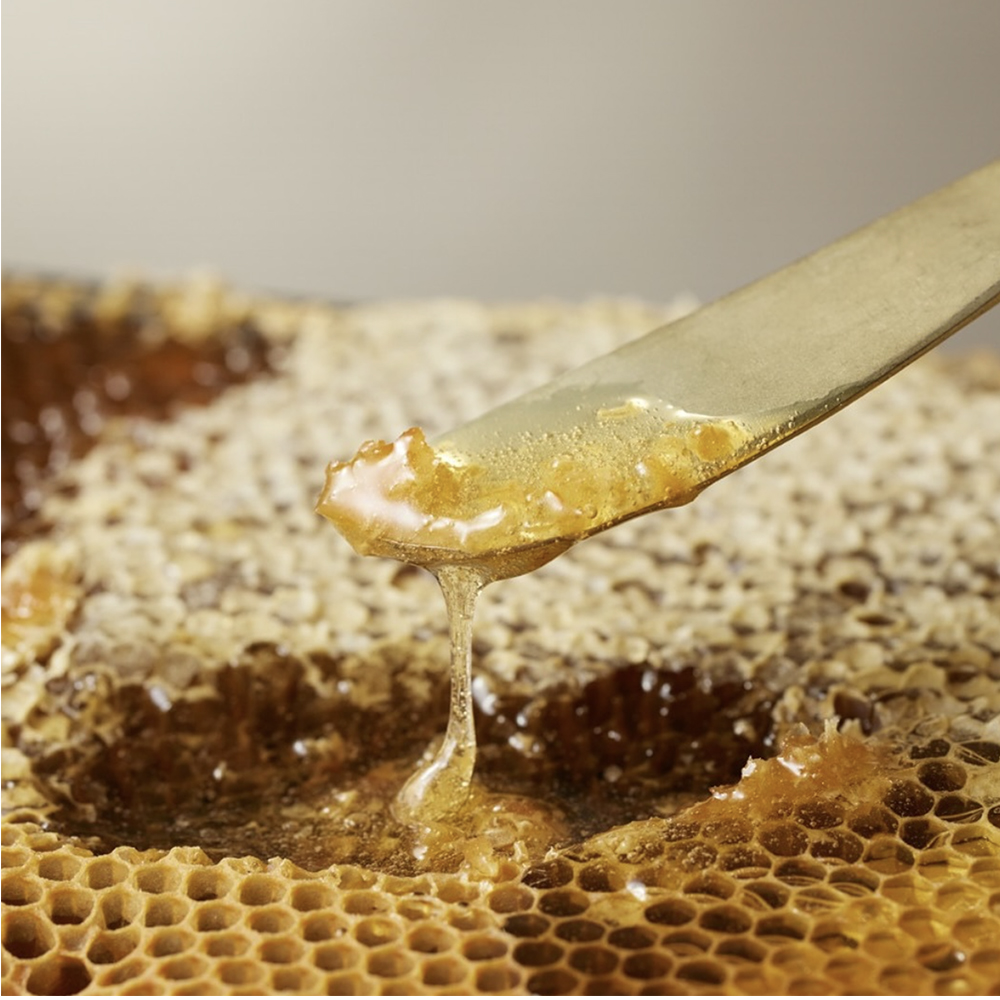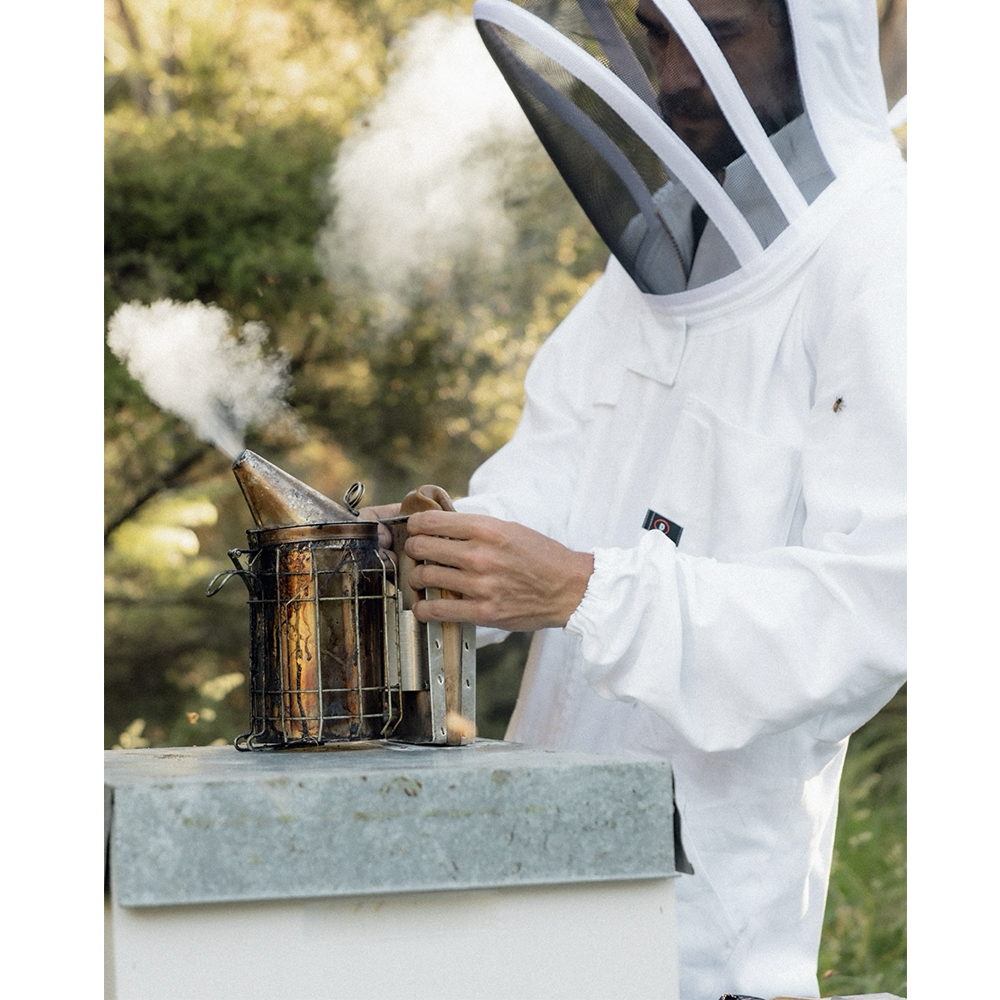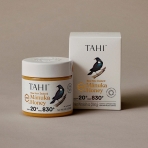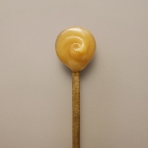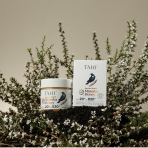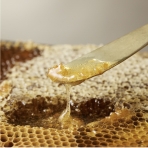Mānuka Honey UMF™ 20+ / MGO 830+
165.00€
Delivery conditions
 OMNIVA terminal (Baltic states)From: 2.50€
OMNIVA terminal (Baltic states)From: 2.50€ VENIPAK terminal (Baltic states)From: 2.50€
VENIPAK terminal (Baltic states)From: 2.50€ Delivery to door VENIPAK (Baltic states)From: 3.20€
Delivery to door VENIPAK (Baltic states)From: 3.20€ Delivery to door in Europe, except for Lithuania, Latvia, Estonia - DPD12.00€
Delivery to door in Europe, except for Lithuania, Latvia, Estonia - DPD12.00€ Pickup at Naugarduko str. 29, Vilnius0.00€
Pickup at Naugarduko str. 29, Vilnius0.00€250 g
Manuka honey is a 100% pure, natural product harvested from the flowers of the Manuka bush (Leptospermum scoparium), which grows in the pristine, untouched landscapes of New Zealand. Known for its unique composition and properties, Manuka honey is considered one of the most valuable honeys in the world. Its quality and authenticity are measured using MGO and UMF indicators, which help accurately assess the exceptional characteristics of this honey.
What is MGO?
MGO (methylglyoxal) is the key compound naturally found in Manuka honey. It determines the honey’s potency and quality. The higher the MGO level, the more of this active compound is present, enhancing the product’s unique properties.
• MGO Classification:
• MGO 100+: Lower potency, ideal for everyday use.
• MGO 250+: Medium potency, often chosen for its added benefits.
• MGO 400+ and above: High potency, suitable for those seeking a more concentrated product.
The MGO level is measured in milligrams of methylglyoxal per kilogram of honey, making it easier for consumers to select the right product for their needs.
What is UMF?
UMF (Unique Manuka Factor) is a quality certification system that measures not only the MGO level but also the concentration of other important compounds such as leptosperin and DHA (dihydroxyacetone). UMF labeling is a global standard of quality assurance, confirming the authenticity and purity of Manuka honey.
• UMF Classification:
• UMF 5+ – 9+: Lower activity, suitable for daily use.
• UMF 10+ – 15+: Medium activity, chosen by those seeking moderate benefits.
• UMF 16+ and above: High activity, considered a premium quality product.
UMF is a comprehensive rating that guarantees the honey has undergone laboratory testing and meets stringent quality requirements.
Manuka honey is not only a delicious and nutrient-rich natural product but also a testament to New Zealand’s pristine environment and commitment to sustainable, high-quality production. Both MGO and UMF indicators provide valuable insights for consumers, ensuring they receive a genuine and potent product tailored to their specific needs.
+ Superfood, rich in unique nutrients.
+ 100% raw & unpasteurized New Zealand Manukā honey.
+ Targeted usage. Boosts immunity, supports gut health.
Taste
A rich, tangy honey: complex and deliciously intense with a clean, pure finish.
Biodiversity
All of our jars feature different native birds. They are the tangible result of Tahi’s successful conservation work. Before our restoration project began, there were just 20 bird species at Tahi: there are now 71, including 25 rare and endangered species.
By buying our Mānuka Honey, you are directly and actively contributing to our award-winning biodiversity regeneration.
Tūī, the forest architect
The Tūi (parson bird) is a prolific pollinator and spreader of seeds, feeding on the nectar of native flowers. Where Tūī go, trees soon follow.
100% New Zealand raw Mānuka Honey certified UMF™ 20+ / MGO 830+
Enjoy our high UMF™ Mānuka honey raw by the spoonful, as a spread, or mix it into smoothies or juice. Can be used daily or for a more targeted usage.
Thank you, your review will be reviewed and approved by the site administrators

